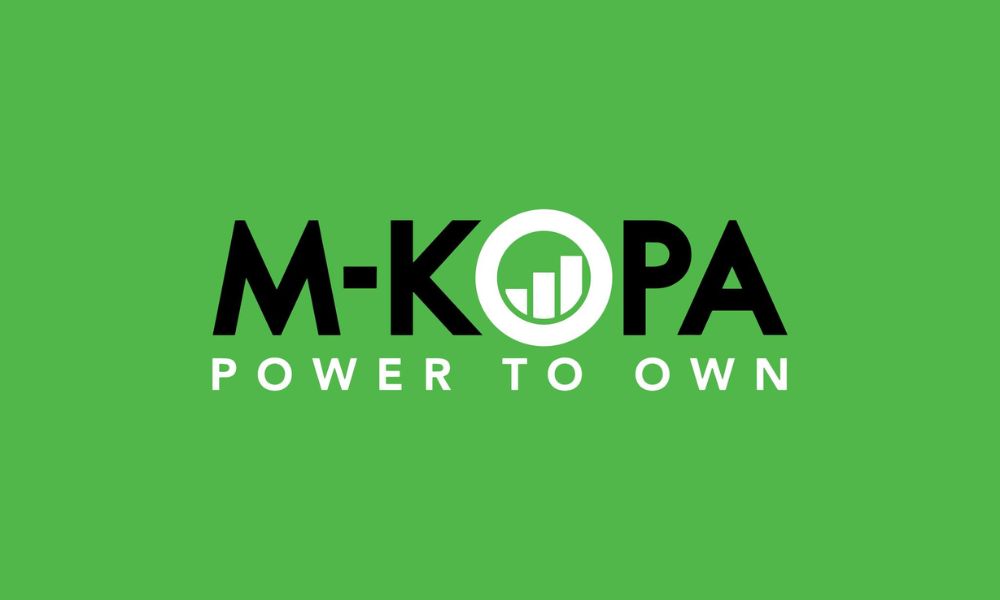
M-Kopa has pushed back against claims by its co-founder and former CFO Chad Larson, deepening a dispute over the company’s valuation and the pricing of M-Kopa employee shares. The confrontation comes as Sumitomo Corporation moves to increase its stake in the asset financier, a development M-Kopa says is being disrupted by what it describes as a coordinated campaign by Mr Larson.
In new statements, M-Kopa argues that Mr Larson’s petition to the Capital Markets Authority (CMA) over alleged underpricing of Kenyan staff shares is “baseless” and designed to coincide with critical investment steps. Mr Larson, who served as M-Kopa co-founder and left the firm in 2018, owns a one percent stake. He claims the new offer to employees undervalues the company by about 95 percent and pegs M-Kopa’s worth at between $4 billion and $10 billion, a valuation the company says is “demonstrably false.”
“Mr. Chad Larson, co-founder and ex-CFO, has continued a targeted social media campaign and pursued legal proceedings in the Kenyan Courts. His efforts in court have been unsuccessful to date. This includes a September 2025 hearing where Mr. Larson was advised to withdraw his application due to inconsistencies in his evidence after our lawyers argued that he may have perjured himself and abused the court process. Mr. Larson is also repeating his baseless allegations in the media, including by sending a letter to the CMA and leaking a copy publicly. The Company strongly denies the baseless claims made by Mr. Larson in Court and in the media more broadly,” part of the statement read.
The dispute emerged soon after M-Kopa posted its first Sh1.2 billion net profit following years of losses, placing fresh attention on governance and employee equity policies. CMA has already noted that the matter falls outside its mandate since M-Kopa is not listed in Kenya. Courts earlier saw Mr Larson withdraw an injunction after inaccuracies were identified in his submissions.
The clash expands further with a parallel lawsuit by ex-employee Elizabeth Njoki, filed at the Employment and Labour Relations Court. She alleges the share structure introduced between 2019 and 2022 diluted African staff while favouring foreign executives. Her case adds a second layer to what the company considers a private, UK-law governed transaction between willing sellers and buyers.
M-Kopa was built by Jesse Moore and Nick Hughes, with Chad Larson credited as the financial architect. Over the years, the company has raised more than $590 million from investors including Generation Investment Management and British International Investment (BII). After operating at a loss for a decade, M-Kopa reported a Sh1.2 billion ($9.3 million) net profit in 2024, driven by smartphone sales and solar financing for lower-income borrowers.
However, the ongoing buyback, offering existing employees shares at roughly $26 each compared to $37 for new Series F investors, is the basis of Mr Larson’s challenge. In a November 6, 2025, letter to CMA CEO Wycliffe Oparanya, he described the process as “manipulated” and accused the company of breaching fiduciary duties. He alleges that the transaction directs commissions to advisor Eden Global Partners, deducted from employee proceeds, and that key information was withheld from staff who hold shares through the Employee Stock Option Plan (ESOP).
Mr Larson bases his valuation range of $4–10 billion on reported annual revenues of more than $300 million and what he terms strong potential in Africa’s population of 600 million unbanked adults. He also claims the board rushed the process to advantage new investors, leaving Kenyan staff with minimal value.
M-Kopa maintains the claims are false. It says the valuations used in the share offer were drawn from arm’s-length negotiations supported by independent fairness opinions. According to the company, employees participating in the buyback stand to receive a 6x return, which it calls one of the strongest outcomes seen among African fintechs, and participation is voluntary. The firm dismisses a $10 billion valuation as “absurd,” equating it to the combined market value of Kenya’s two largest listed companies.
The company also highlights that governance follows UK law and that multiple briefing sessions were held for all shareholders, including Kenyans who hold most ESOP shares. M-Kopa notes that Mr Larson’s withdrawn injunction demonstrated flaws in the evidence he relied on, while his petition to the CMA lacked a basis since the company is incorporated in the UK.
Jefferson Wachira is a writer at Africa Digest News, specializing in banking and finance trends, and their impact on African economies.
